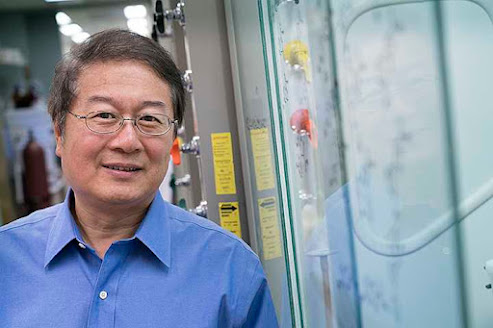Researchers in Purdue University's College of Pharmacy are further developing a potential immunotherapy treatment for cancer, one focused on the mutation of an enzyme.
"While recent progress in cancer immunotherapy has led to revolutionary success in multiple cancer types, most cancer patients do not benefit from immunotherapy. Thus, there is an urgent need for additional strategies," said Zhong-Yin Zhang, Distinguished Professor of Medicinal Chemistry, the Robert C. and Charlotte P. Anderson Chair in Pharmacology, head of the Department of Medicinal Chemistry and Molecular Pharmacology, and director of the Purdue Institute for Drug Discovery.
Zhang said cancer immunotherapy relies on T-cells to recognize and attack foreign substances such as tumors in the body.
"There is an intricate signaling network within T-cells that determines their activity," he said. "Previous studies have revealed that an enzyme called PTPN22 regulates the critical signals that activate them. People with a mutation in the gene have a lower incidence of cancer than people without the mutation.
















.jpg)
